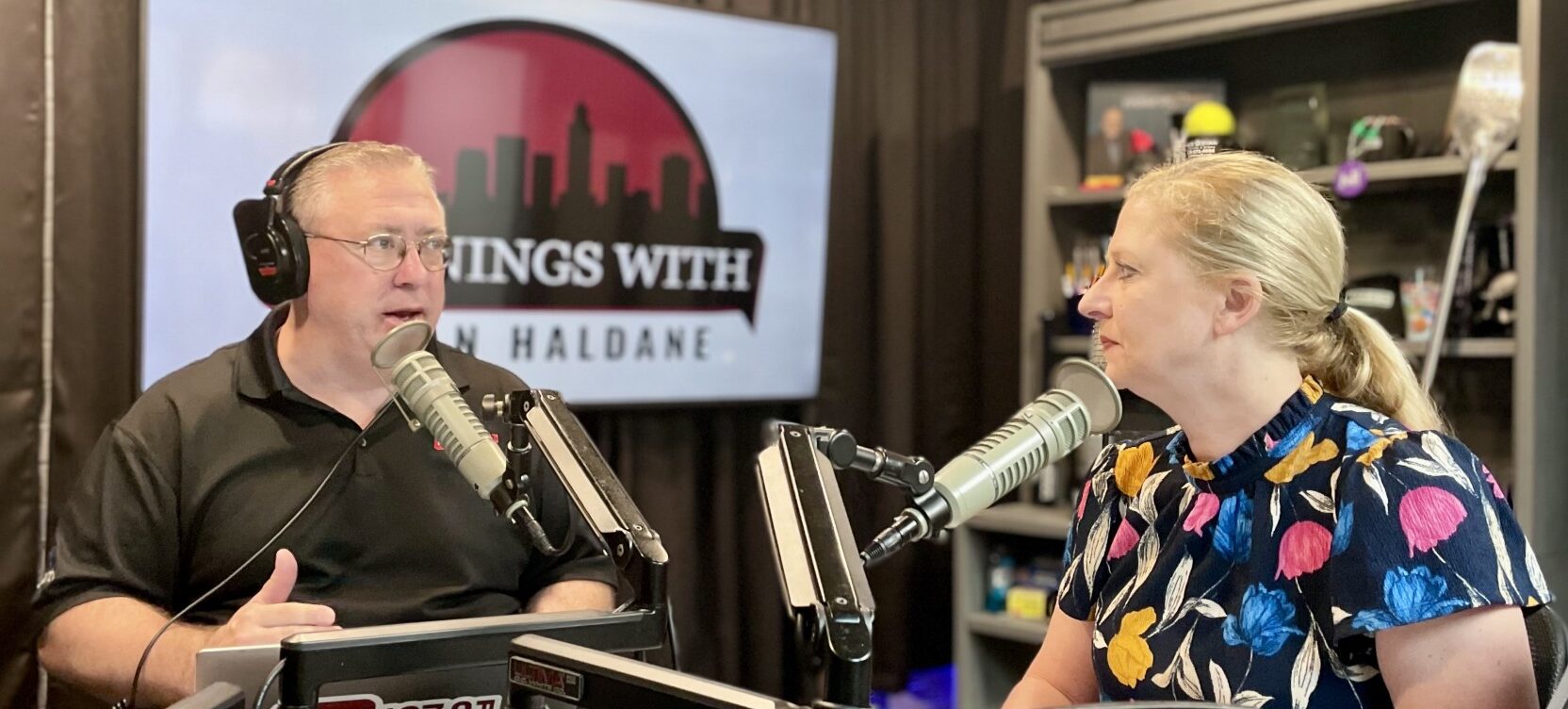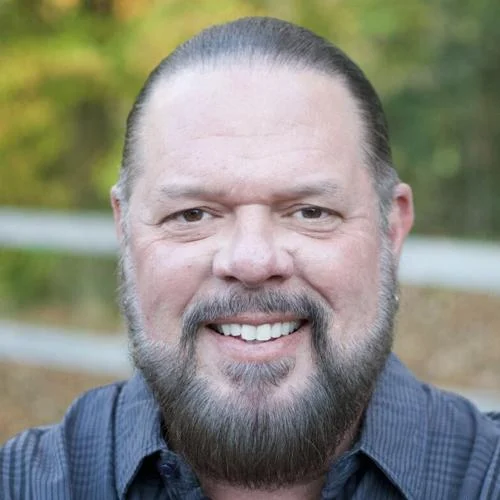State Senator Blake Miguez discussed the complexities of the special session on tax reform, describing it as both complicated and verbose. The session aims to address multiple tax-related issues, including lowering and flattening personal and corporate income taxes to a range of 3-3.5%, eliminating the franchise tax, and finding a process to eventually eliminate the inventory tax on business owners. Other goals include prohibiting local taxation on prescription drugs, raising teacher pay, and consolidating funds for efficiency.
The measures will start in the House of Representatives, particularly in the Ways and Means Committee, where initial debates and amendments will occur. Senators are closely monitoring these developments and working with staff to understand the various bills. The session also includes a constitutional amendment related to Article 7, which deals with state finances, potentially leading to a special election on March 29th for voter approval of structural changes.
Miguez highlighted the challenges of balancing tax cuts with funding needs, such as removing exemptions and credits, and possibly introducing new taxes on digital services. He emphasized the importance of limiting future government spending growth to avoid fiscal shortfalls that could lead to increased taxes or cuts in critical services. The goal is to reform the tax code to promote economic growth, which would increase tax collections and allow for infrastructure maintenance and further tax reductions.
The session is seen as a significant step towards reducing the state’s reliance on state government funding for local budgets, a practice ingrained for over a century. While not all changes will happen in the three-week session, it sets the stage for further reforms in the upcoming fiscal session in the spring.







